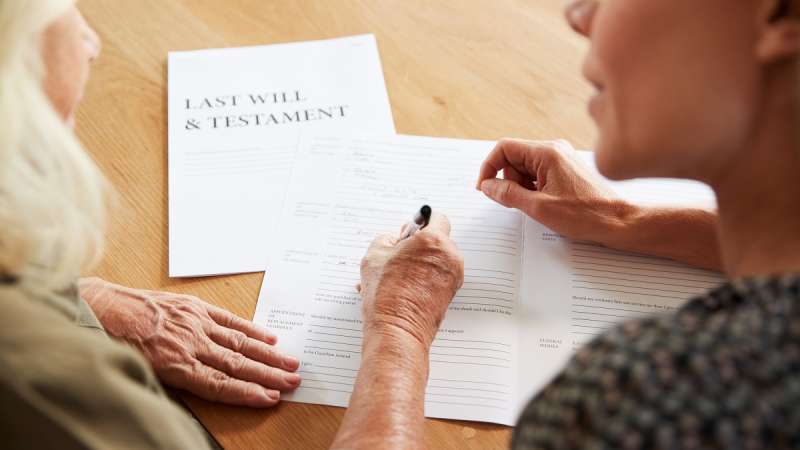Spouses and/or civil partners will be the first to benefit under the intestacy rules.
Whether they will receive the whole estate will depend on whether the deceased left any surviving children.
The estate size is crucial, as the spouse or civil partner is entitled to the first share as of right.
The amount the spouse or civil partner will inherit depends on when the deceased passed away, as the rules have changed over the years.
For example, if the deceased died on or after 26 July 2023, the spouse/civil partner will receive the first £322,000 of the estate.
If no surviving spouse or civil partner has survived, children, parents, siblings, nieces, and nephews may inherit.











